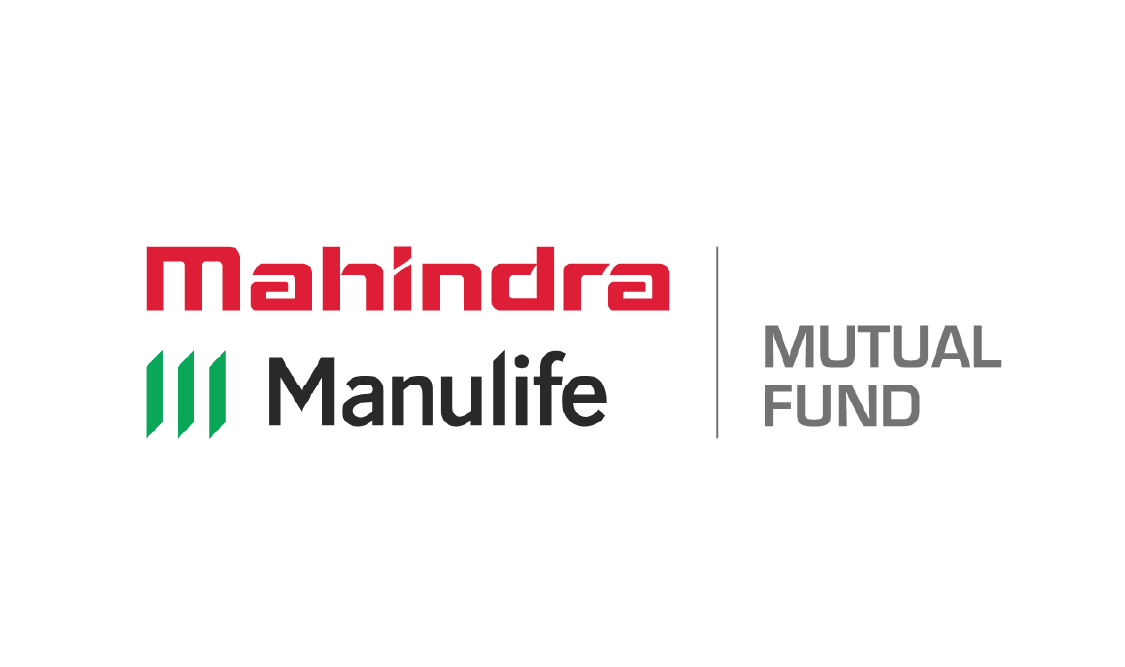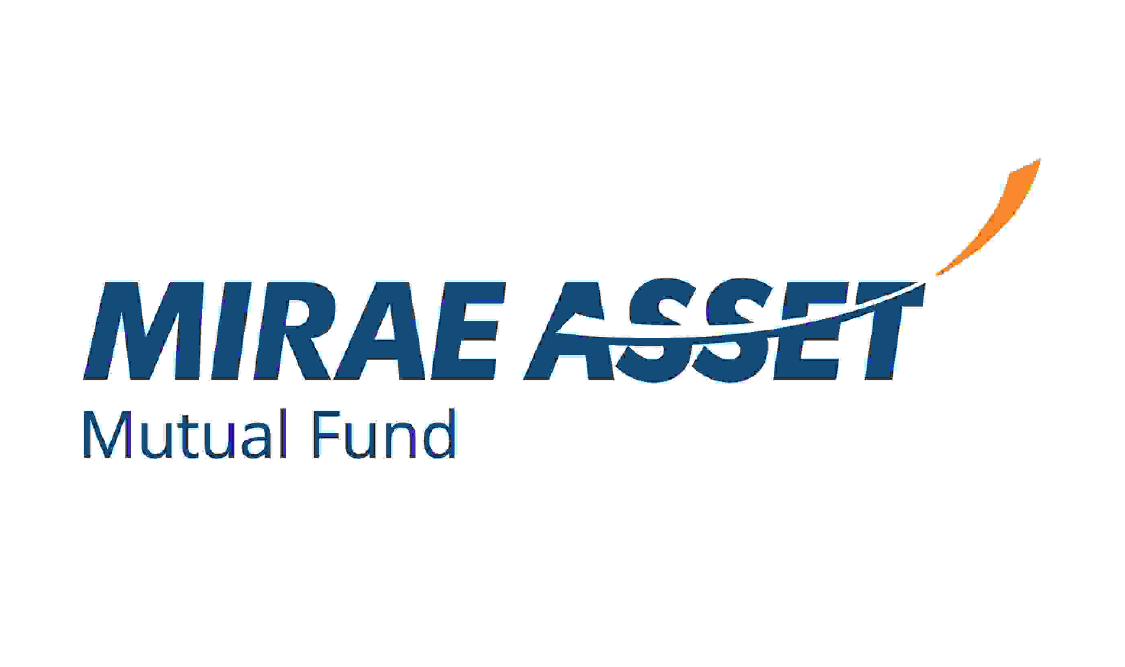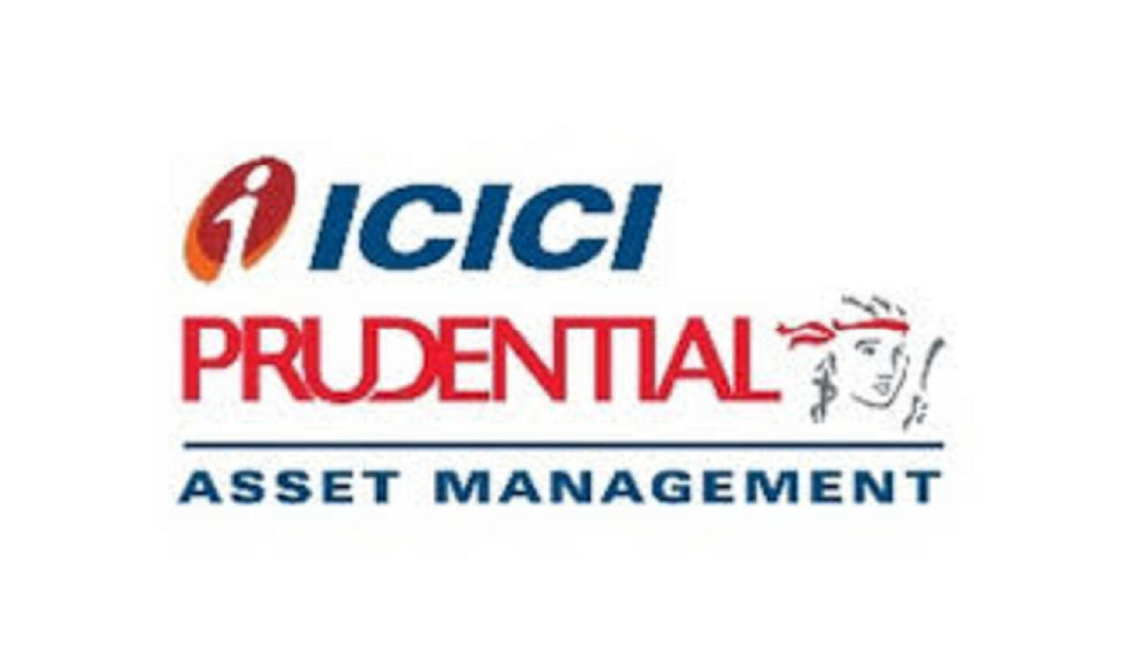An initiative by Epsilon Money

Mutual Funds
You’ve Got Ambition. Mutual Funds Give It Fuel.
What Is a Mutual Fund?
A mutual fund is a pool of money collected from many investors to invest in a range of assets, like stocks, bonds, and other securities. Instead of picking individual stocks or bonds, your money is spread across a broad selection of investments, managed by financial experts who know how to make your money work for you.













Open-ended mutual funds allow you to redeem your investment at any time at the current NAV.
Liquidity
Benefits of Mutual Funds
Diversification
Mutual funds allow individual investors to diversify their investments by pooling money with others, providing access to a broad portfolio of stocks, bonds, or other securities.
Professional Management
The fund is managed by experienced professionals, taking the burden off individual investors.
Affordability
You can start investing in mutual funds with relatively small amounts, often as low as ₹500 or ₹1,000.
Mutual funds are required to disclose their holdings, NAV, and financial statements regularly, ensuring transparency for investors.
Transparency
Types of Mutual Funds
Mutual funds can be classified based on their investment objective, asset allocation, and structure.
Equity Mutual Funds
Large Cap Mutual Funds
Invests at least 80% in large-cap stocks from the top 100 companies with a market capitalisation of ₹20,000 crore or more. Large-cap funds aim for stability and growth with lower volatility than mid and small-cap funds.
Mid Cap Mutual Funds
By investing at least 65% in mid-cap companies with a market capit alisation of ₹5,000 crore to ₹20,000 crore, these funds aim for growth with moderate risk, balancing the higher potential of mid-caps against the volatility of small-caps.
Small Cap Mutual Funds
Requires a minimum of 65% investment in small-cap companies, which have a market capitalisation of less than ₹5,000 crore. These funds focus predominantly on small-cap stocks to capture higher growth opportunities.
Flexi Cap Mutual Funds
Flexi cap mutual funds are equity funds with the flexibility to invest across large, mid, and small cap companies. This adaptability allows the fund manager to choose investments based on the performance of various companies.
Debt Mutual Funds
Money Market Funds
Focuses on money market instruments with a maturity of up to one year. They provide liquidity and low-risk options for conservative investors.
Corporate Bond Funds
At least 80% of the investments are in high-rated corporate bonds. They focus on quality and stability in the corporate bond market.
Overnight Funds
Invests in securities that mature in just one day. Overnight funds provide liquidity and stability while minimising risk.
Liquid Funds
Invests in debt and money market instruments with a maximum maturity of 91 days. Aims to provide high liquidity and low risk for short-term investments.
Aggressive Funds
Allocates 65-80% to equity and 20-35% to debt. They lean more toward equity for higher returns while still including debt for stability.
Multi Asset Funds
These funds allocate at least 10% of their total assets across a minimum of three asset classes, such as equity, debt, gold, and others.
Hybrid Mutual Funds
Arbitrage Funds
Employs an arbitrage strategy to capitalise on price differences between markets, investing at least 65% in equities with a focus on exploiting these opportunities.
Equity Savings Funds
These funds invest in a mix of equities, debt, and arbitrage opportunities, aiming to balance risk and returns. They provide moderate growth potential with relatively lower volatility than pure equity funds.
The Most Powerful Wealth Habit? A Monthly

SIP in Mutual Funds
₹3,000
₹2,50,000
SIP Required
Final Corpus
Tenure : 5 Years
Annual Returns : 12%
Short-Term Capital Gains (STCG):
Taxed at 20% if held for less than 1 year.
Equity Mutual Funds
Taxation on Mutual Funds
Debt Mutual Funds
Short-Term Capital Gains (STCG) or Long-Term Capital Gains (LTCG):
Taxed according to the investor's income tax slab.
Taxation depends on the type of mutual fund and the holding period:
Long-Term Capital Gains (LTCG):
Taxed at 12.5% on gains above ₹1.25 lakh in a financial year.

































